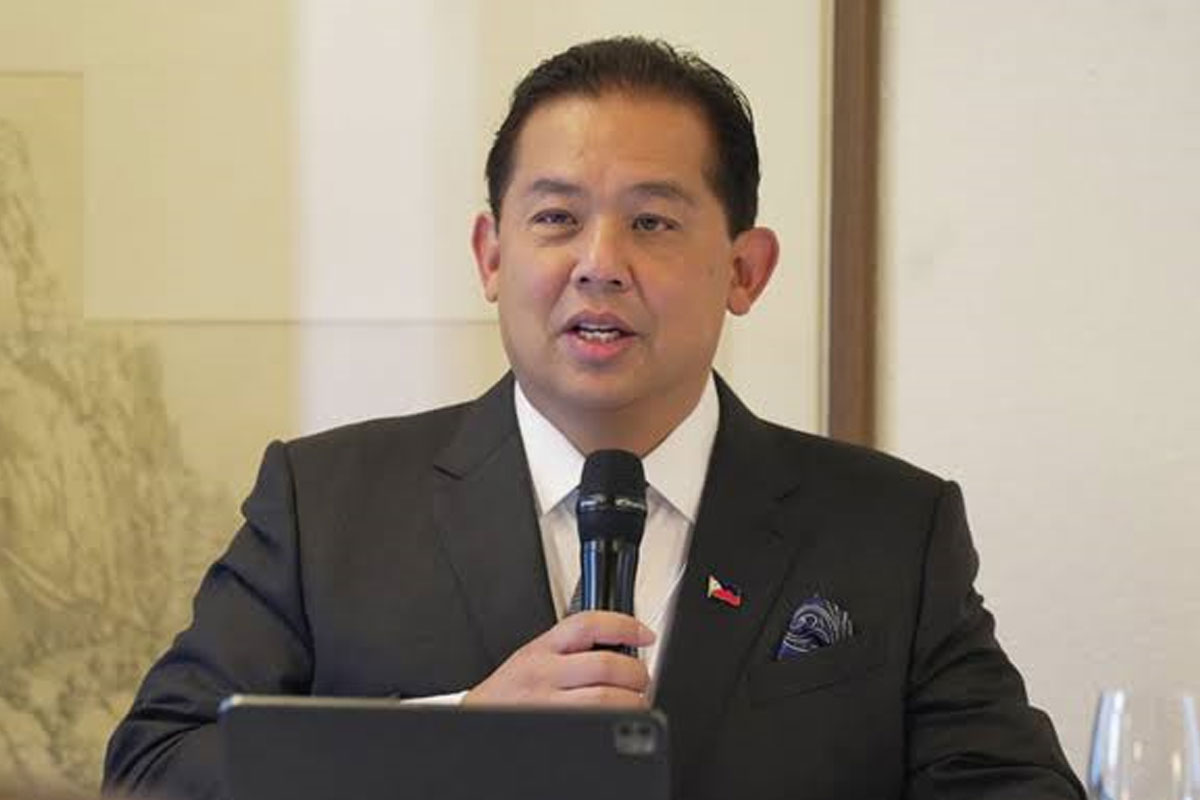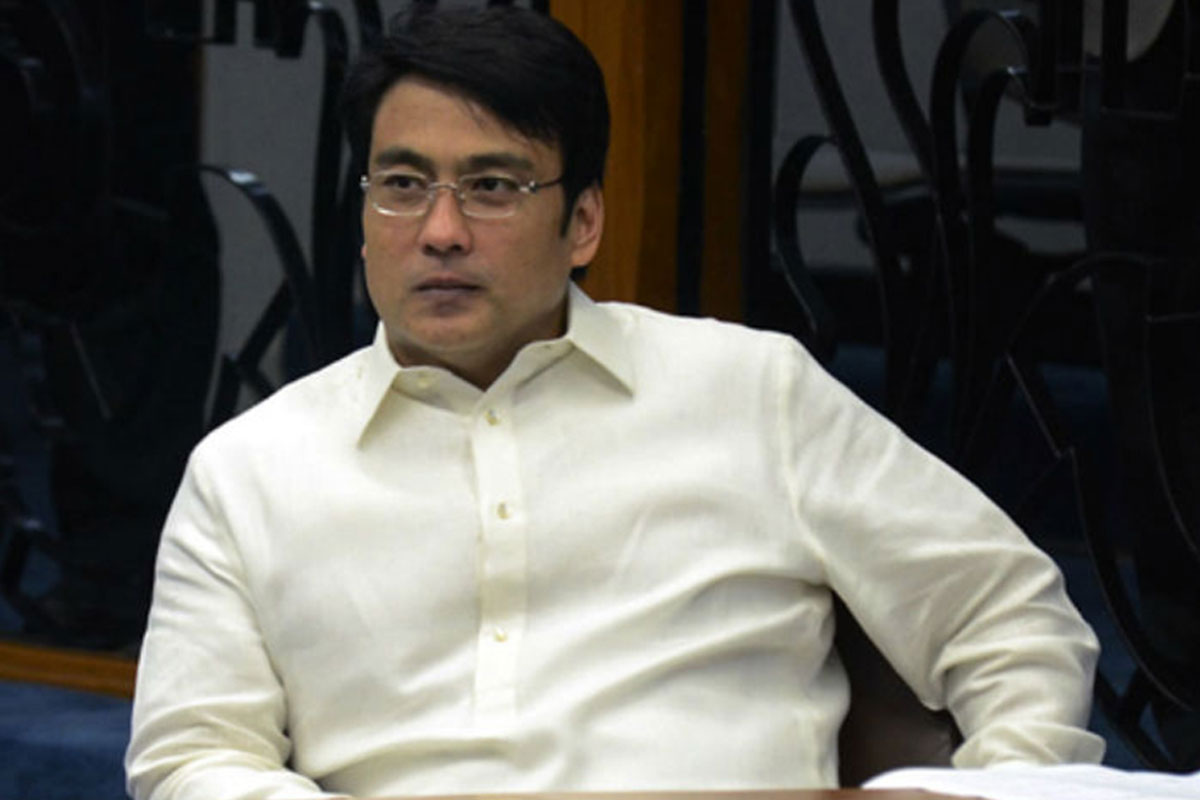
P150 million ‘wasted’
I’M referring to the ‘150 million’ public money to be wasted as a result of the decision by the Commission on Elections to destroy thru ‘shredding’ six million ballots for the May 12 National and Local Elections that have been initially printed amid a number of Temporary Restraining Orders issued by the Supreme Court.
Many of my friends in the police force could only sigh after hearing Comelec spokesperson Attorney John Rex Laudiangco say in a major Camp Crame event that the six million ballots worth P130 million will be destroyed.
P150 million is P150 million, one police general remarked. If the PNP has that amount of extra money, it could have procured 150 brand-new patrol cars at P1 million each or build at least 100 modest stations and sub-stations in Metro Manila and the rest of the country.
The money could also be used to buy thousands of police radios, Body-Worn Cameras, CCTVs or good-quality body armor or bullet-proof vests needed by our policemen who are out there in the streets risking their lives and limbs while going after ‘armed and dangerous criminals.’
The same amount of money could also be allocated to fund the construction of more jail facilities nationwide to address the problem of overcrowding and address poor living condition inside our lock-up facilities, majority of which houses drug offenders who have been caught alive amid the government’s recalibrated war on drugs which focuses on human rights protection, meaning less shots being fired.
Lastly, that kind of money could have been a very big help in addressing the country’s classroom shortage which officials said is projected to take more than 20 years to resolve giving the Dep-Ed’s current average annual budget of P24 billion.
At P1 million each, 150 units of a good-sized classroom, especially in the provinces could have been easily built to address in particular the reported presence of more than 5 million ‘aisle learners’ or public school students in excess of the ideal number of 25 to 45 learners in a classroom. More classrooms means public school authorities would not be forced to implement two or more shifts every day because of, well: classroom shortage.’
Laudiangco, the poll body’s official mouthpiece was at his best as he gave more than an-hour lecture to top DILG, PNP, AFP and Dep-Ed officials led by PNP chief, General Rommel Marbil and AFP chief Gen. Romeo Brawner during the launching of the 100 Days Operational Activities and Solidarity Pact Signing at Camp Crame. Gen. Brawner left the place in the middle of Laudiangco’s lecture.
I have also read reports that the printed ballots to be destroyed will cost around P150 million pesos as the expenses will include the salary of National Printing Office employees. The ballots, according to the poll body, cost around P22 each excluding the paper and ink.
‘Nakapanghihinayang’ is the word used by Laudiangco to describe the decision to destroy the printed ballots. However, he said that Comelec needs to follow their timeline for the 2025 NLE notwithstanding decisions from the Supreme Court.
Last January 6, Comelec chair George Garcia led the start of the printing of ballots for the mid-term polls at the NPO. Of the 73 million ballots to be printed, over 68 million will be for the national elections and the rest for the Bangsamoro Parliamentary polls, overseas voting and local absentee voting. At least 1 million are considered as ‘test ballots.’
The amiable Garcia said the first batch of ballots printed are for Overseas Voting, Local Absentee Voting, Test Ballots and the Bangsamoro Parliamentary Elections. The last ballots to be printed which are precinct-specific are those from the National Capital Region owing to its proximity.
Garcia that day expressed confidence they will complete the ballot printing within 77-days with the service provider Miru Systems saying their machines are capable of printing 950,000 ballots per day. Printed on the ballots-all in alphabetical order-are some 44,000 candidates for at least 18,121 positions from senatorial to municipal/city councilors throughout the country.
But last January 15, the poll body’s head said they immediately stopped the printing of the ballots in compliance with the temporary restraining orders (TROs) issued by the High Tribunal on the various cases of five election aspirants. By that time, six million ballots have already been printed and needed to be paid.
Garcia said they have asked the permission of the Commission on Audit to destroy the printed ballots thru shredding so that there will be no accusations that they can be used in the elections.
The Comelec admitted that out of the five TROs issued by the SC last January 14, they were not anticipating the case of senatorial aspirant Subair Mustapha who was initially declared as a nuisance candidate. The other four are aspirants seeking local posts.
As a result, the Comelec have to amend the numbering of the affected senatorial aspirants on the new ballots that will be printed.
““Letter M po kasi yung pangalan ng kandidatong nakakuha sa national position sa senador na posisyon and therefore, kapag pinasok po natin, kapag binilang yung sa 66 na present na kandidato, 12 po ang senador na nasa ilalim na maaaring maapektuhan,” explained Chairman Garcia.
The printing of the ballots was againt delayed last January 22 as a result of two TROs issued by the SC which stopped the Comelec from disqualifying senatorial candidate Francis Leo Marcos and Noel Rosal who is seeking the Albay gubernatorial post.
As a result, the Comelec moved the ballot printing to January 25 to include the names of Marcos and Rosal and add their names to the election management system , database, serialization of the names and the ballot faces.
Chairman Garcia said they also have to remove from the official ballots the name of former Ilocos Sur Governor Chavit Singson after the latter formally withdrew his candidacy for senator. The 83-year old politician-businessman cited health reasons for backing out of the senatorial race.
I hope and pray that this won’t happen again in the future. God bless our cash-strapped government, including the Comelec which has to use the modern PNP Command Center in Camp Crame as its National Election Monitoring and Action Center due to lack of resources as Chairman Garcia told us last January 9.



















